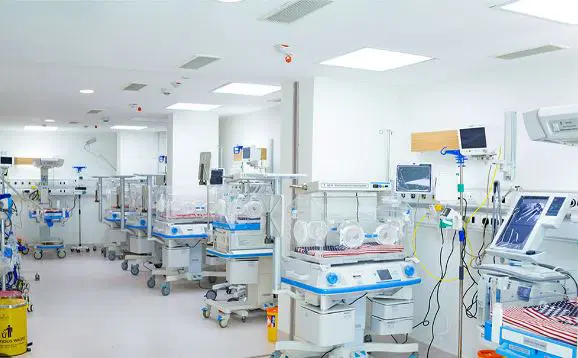In a bid to combat the ongoing brain drain in Nigeria’s healthcare sector, the federal government has unveiled the Nigerian Health Professionals in Diaspora Plus Engagement Programme. The initiative aims to repatriate the expertise of Nigerian health professionals currently working abroad, fostering collaboration between them and their counterparts in Nigeria.
Key Highlights from the Diaspora Stakeholders’ Forum
During the launch event held in Abuja, Dr. Tunji Alausa, the Minister of State for Health and Social Welfare, outlined the program’s objectives. He stated that achieving universal health coverage has been severely impacted by the continuous emigration of healthcare workers, but this initiative presents an opportunity to reverse the trend of brain drain.
Strategic Health Agenda
The program is a component of the government’s four-point Strategic Health Agenda, which aims to:
- Reform healthcare through improved governance
- Develop the healthcare value chain
- Enhance health security
- Establish quality health systems
Call to Action
Dr. Alausa called upon private sector stakeholders and international partners to support this initiative. He urged medical professionals in the diaspora to invest in areas such as:
- Clinical research
- Biomedical technology
- Telemedicine
These investments are vital for bridging existing gaps in healthcare delivery.
Public-Private Partnerships
Dr. Ibrahim Wada, founder of the NISA Premier Medical Group, emphasized the importance of public-private partnerships (PPPs) in strengthening the healthcare system. He highlighted the need for:
- Engaging local communities
- Building grassroots capacity
- Effective management to enhance patient and healthcare professional experiences
Wada also pointed out that improved infrastructure and support for returning professionals are critical for ensuring their contributions have a significant impact.
Vision for Medical Care in West Africa
Pamela Ajayi, president of the Healthcare Federation of Nigeria (HFN), discussed Nigeria’s potential to emerge as a hub for medical care in West Africa. She stressed the necessity of investing in medical infrastructure, proposing the establishment of healthcare banks to support development. Ajayi also noted the transformative role of digital platforms and artificial intelligence (AI) in expanding healthcare access to rural communities.
Collaboration and Education
Dr. Bala Audu, president of the Nigerian Medical Association (NMA), highlighted the significance of international collaboration and education in retaining skilled healthcare workers. He advocated for partnerships with countries like the UK to improve Nigeria’s healthcare systems and create opportunities for knowledge sharing.
Conclusion
The Nigerian Health Professionals in Diaspora Plus Engagement Programme represents a proactive step towards addressing the challenges facing Nigeria’s healthcare sector. By leveraging the expertise of professionals abroad and fostering collaboration, the government aims to enhance healthcare delivery and improve health outcomes for all Nigerians.

